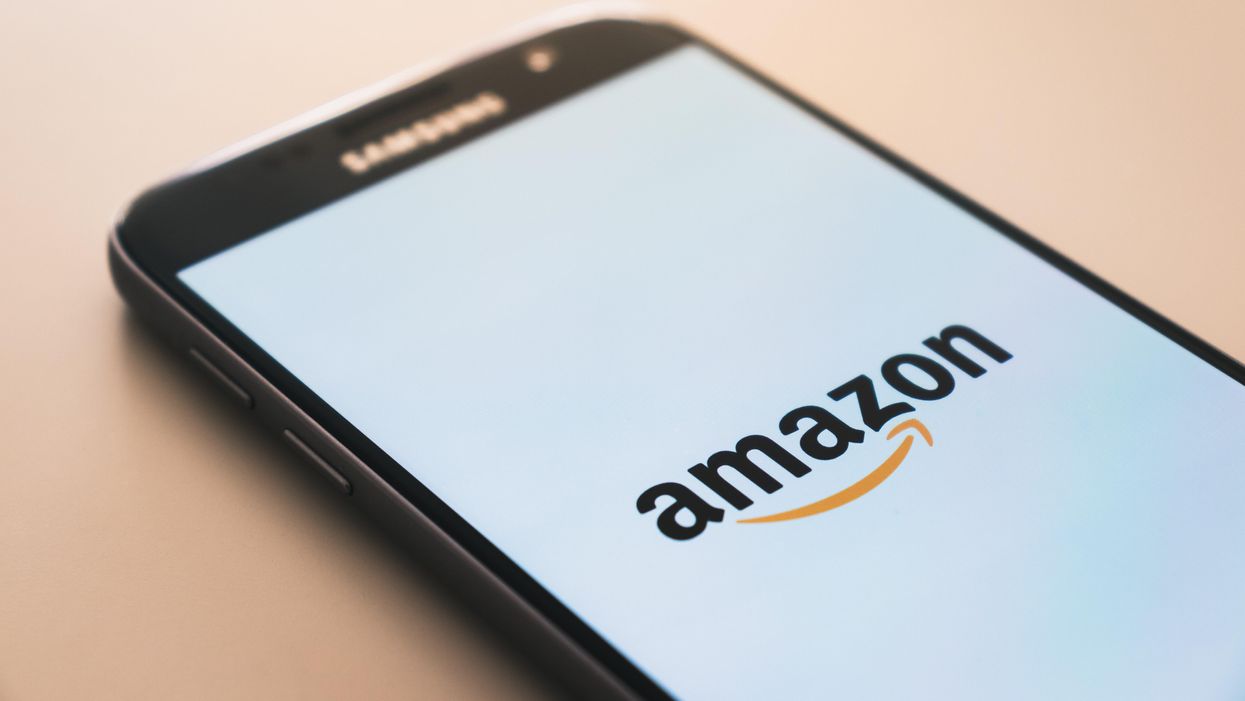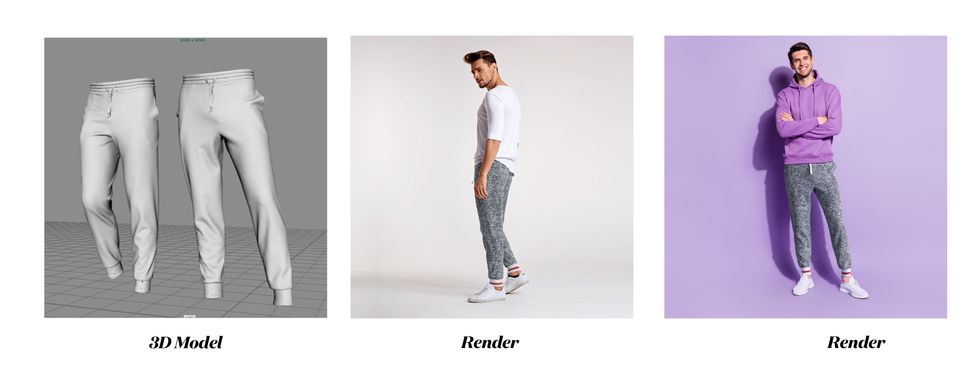As it seeks to root out fake reviews appearing on its platform, Amazon is targeting Facebook groups where they are sourced.
The news: Amazon filed a lawsuit this week against the administrators of more than 10,000 Facebook Groups. The company said these administrators acted as brokers of fake reviews, offering money or free products in exchange for writing misleading missives about items being sold on Amazon. The reviews appeared on Amazon stores in the US, UK, Germany, France, Italy, Spain, and Japan.
What’s a fake review? Amazon pioneered the product review in some of its earliest days in 1995, providing shoppers with a way to view authentic feedback about an item as they made a decision about whether to buy it. Fake reviews turn this idea on its head, as brokers offer compensation in exchange for a review that is favorable to a product. While five-star reviews can help improve a product's standing on Amazon, fake reviews dilute the authenticity of the information shoppers are receiving. This problem has only grown as Amazon’s third party marketplace has gained more prominence. While Amazon formally banned incentivized reviews in 2016, fake reviews have grown into what Amazon calls a “nefarious industry” in recent years, the company has said.
What are a couple of examples?
- In its latest lawsuit, Amazon cites one group called “Amazon Product Review,” which had more than 43,000 members before Meta shut it down earlier this year. It offered refunds or other payments people who left fake reviews on camera tripods and car stereos.
- Another group called “Amazon Varified Buyer & Seller” had more than 2,500 members. The administrators of this group looked to sell the reviews to Amazon sellers for $10 each, CNBC reported.
Action taken: Since 2020, Amazon said it has reported more than 10,000 groups to Meta where fake review activity is taking place. The Facebook owner has shut down more than half of the groups, and continues to investigate others, Amazon said. However, more groups continue to appear as others are removed.
What is Amazon seeking with this lawsuit? Amazon said it will use information gained in the lawsuit to identify the people behind the fake reviews, and remove them.
What else is Amazon doing?
- Amazon takes its own action against fake reviews, employing investigators and machine learning tools to identify and block them. In 2020, the company said it stopped more than 200 million reviews.
- It has also turned to legal action in an attempt to shut down the sources of these reviews. Earlier this year, it filed a lawsuit that aimed to shut down fake review brokers AppSally and Rebatest. Last year, the company also took legal action that resulted in the closure of fake review sites in Germany and the UK.
Key quote: “Our teams stop millions of suspicious reviews before they’re ever seen by customers, and this lawsuit goes a step further to uncover perpetrators operating on social media,” said Dharmesh Mehta, Amazon’s VP of selling partner services, in a statement. “Proactive legal action targeting bad actors is one of many ways we protect customers by holding bad actors accountable.”
What are regulators saying? There's pressure to address the issue. The Federal Trade Commission last year warned 700 companies, including Amazon, that they could face potential fines over fake reviews. For its part, Amazon writes that, “Permanently ridding fake reviews across retail, travel, and other sectors will require greater public-private partnership, including collaboration between the affected companies, social media sites, and law enforcement, all focused on a goal of greater consumer protection.”
Further reading: “
Amazon is trying to crack down on fraudulent reviews. They’re thriving in Facebook groups,” The Verge, 2020.








 A Hexa 3D rendering (Courtesy photo)
A Hexa 3D rendering (Courtesy photo)



